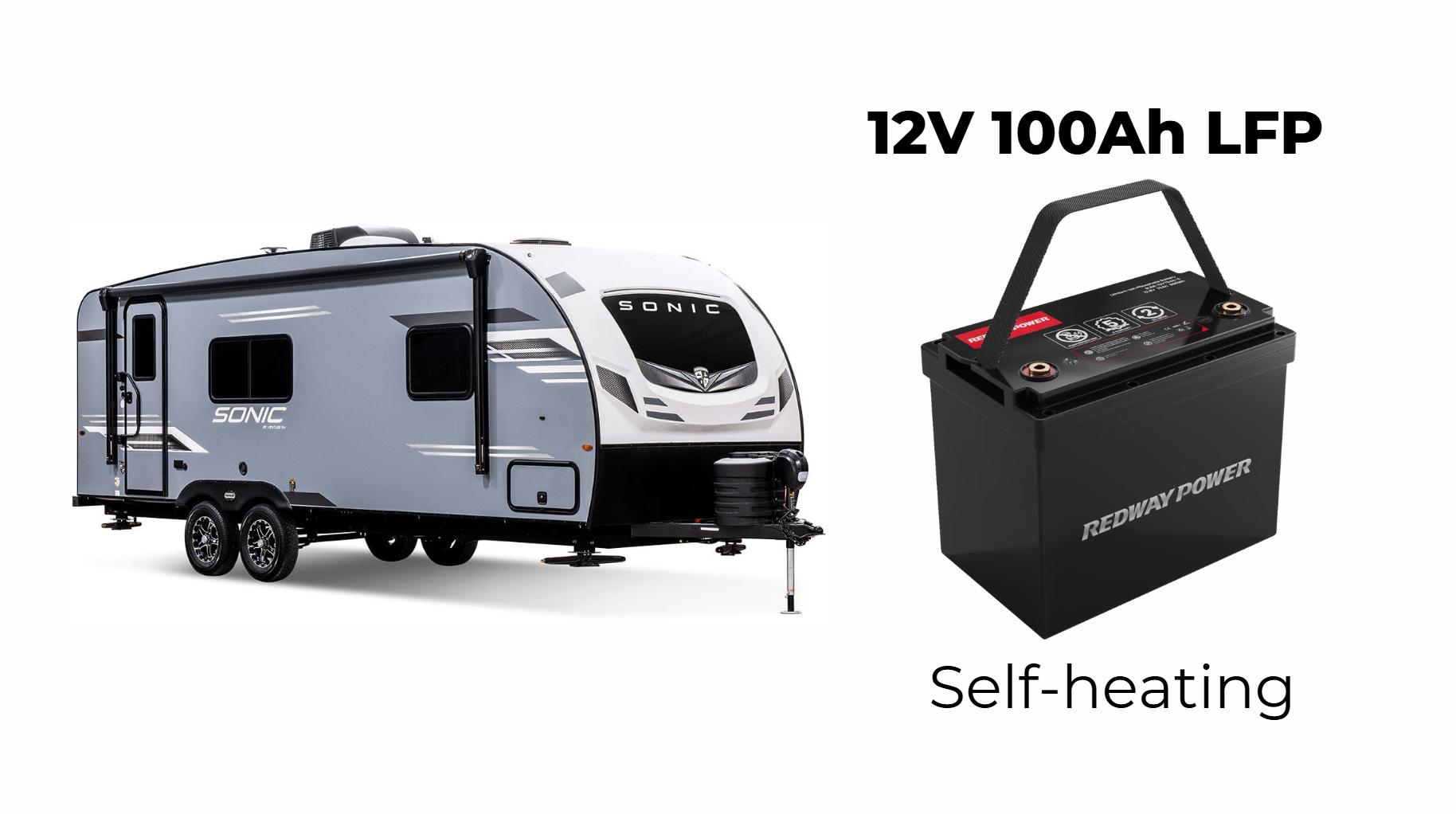What are LiFePO4 Batteries?
LiFePO4 batteries are a type of lithium-ion battery that utilizes lithium iron phosphate as the cathode material. This chemistry provides several distinct advantages, particularly in energy storage and usage scenarios, such as those found in RVs.
Key Advantages of LiFePO4 Batteries for RV Use
1. Long Cycle Life
One of the most significant benefits of LiFePO4 batteries is their impressive cycle life. These batteries can typically endure between 2,000 and 5,000 cycles, depending on usage and maintenance. This longevity means less frequent replacements, making them more cost-effective over time compared to traditional lead-acid batteries, which usually last for about 500 to 1,000 cycles.
2. High Energy Density
LiFePO4 batteries have a high energy density, meaning they can store more energy in a smaller, lighter package. This characteristic is particularly advantageous for RV owners who must manage weight and space efficiently. A higher energy density allows for longer usage of appliances without the bulk of heavier batteries.
3. Enhanced Safety Features
Safety is paramount when it comes to battery technology, especially in mobile applications like RVs. LiFePO4 batteries are known for their thermal stability and reduced risk of thermal runaway. Most come equipped with advanced Battery Management Systems (BMS) that monitor voltage, current, and temperature, preventing issues such as overcharging and overheating.
4. Fast Charging Capabilities
LiFePO4 batteries can accept a higher charge rate, allowing for quicker recharging compared to traditional batteries. This feature is especially beneficial for RV owners who may need to recharge their systems quickly during short stops or overnight stays.
Integrating LiFePO4 Batteries into Your RV
1. Compatibility with Inverters
To effectively utilize LiFePO4 batteries, RV owners must consider inverter compatibility. These batteries work seamlessly with inverters that convert DC power to AC power, allowing the use of standard household appliances. Ensure that the inverter is rated to handle the peak load requirements of your RV’s appliances.
2. Solar Power Integration
Many RV enthusiasts opt for solar panels to power their systems sustainably. LiFePO4 batteries work exceptionally well with solar setups, storing energy generated during the day for use at night or during cloudy weather. This combination enhances energy independence, making it easier to enjoy off-grid adventures.
Installation Considerations
1. Proper Sizing
Choosing the right battery size is crucial for meeting your RV’s energy needs. Calculate the total wattage of your appliances and select a LiFePO4 battery with sufficient capacity. A common recommendation is to aim for a battery that can handle at least 100-200 amp-hours for typical RV usage, but this may vary based on individual needs.
2. Professional Installation
While DIY installations can be tempting, it’s essential to approach them with caution. We recommend consulting with a professional technician to ensure that the battery is installed correctly, adhering to safety standards and optimal configurations.
Maintenance of LiFePO4 Batteries
LiFePO4 batteries require minimal maintenance compared to traditional batteries. However, periodic checks are recommended:
- Regular Monitoring: Keep an eye on the battery’s state of charge (SOC) and voltage levels using the BMS.
- Clean Connections: Ensure all connections are clean and secure to prevent resistance and power loss.
- Temperature Management: Avoid exposing the battery to extreme temperatures, which can affect performance and longevity.
Cost Considerations
Although the initial investment for LiFePO4 batteries can be higher than that of lead-acid options, the long-term savings from their durability and efficiency often outweigh the upfront costs. When calculating the overall expense, consider the number of replacements, maintenance, and potential energy savings over time.
Conclusion
LiFePO4 batteries represent a transformative advancement in battery technology for RV applications. With their long cycle life, high energy density, and robust safety features, these batteries provide RV owners with a reliable and efficient power source. As more adventurers seek sustainable energy solutions, understanding and adopting LiFePO4 batteries can enhance the RV experience.
For more tailored solutions and inquiries regarding custom lithium setups for your RV, reach out to us at Redway Battery for a quick quote today!
Latest News
- Comprehensive Guides Released: New guides are emerging that provide detailed information about the benefits, installation, and maintenance of LiFePO4 RV batteries.
- User Testimonials: Many RV owners are reporting enhanced performance and reliability after switching from traditional lead-acid batteries.
- Market Growth: The popularity of LiFePO4 batteries is increasing as more RV manufacturers begin offering them as standard options.
Redway Expert Comment
“Understanding LiFePO4 RV batteries is essential for maximizing your RV experience. These batteries offer longer lifespans, faster charging times, and lower maintenance compared to traditional options. By investing time into learning about their features and best practices for installation and care, users can significantly enhance their RV’s reliability and efficiency. As an expert in lithium technologies, I encourage all RV owners to explore these benefits fully.”
Related Posts
- Will LiFePO4 RV Batteries catch fire or blow up?
- Why the best RV battery you can purchase is the LiFePO4 battery?
- Why Lithium RV Batteries are the Top Choice for Powering Your Vehicle (RV)
- Why It Is Important to Consider Environmental Factors When Choosing an RV Battery
- Why is it important to have a reliable BMS in place?
- Why Choose LiFePO4 Batteries for RVs?



